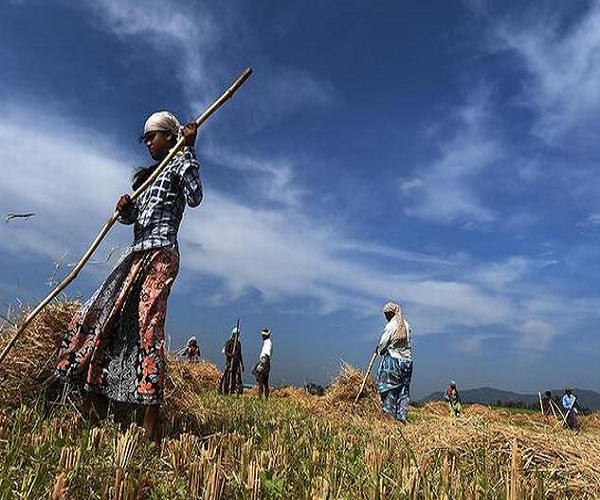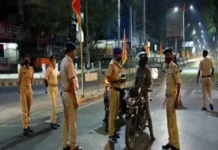The government’s efforts to focus on the welfare of farmers in the Union Budget is admirable. However, in a zero-sum situation such as budget allocation, the government often finds itself trying to choose between short-term results and long-term benefits. Short term results might come with loan waivers and increase of Minimum Support Price (MSP), but care should be taken to address the sector’s competitiveness in a global scenario.
By taking a quick fix path, the government might be squandering its budget on suppressing symptoms instead of administering a cure. I believe the long-term cure will be in the form of policies that provide a boost to credit growth, crop insurance, drip irrigation, warehousing, mechanisation and availability of skilled farm labour. This will help the farmer more than double his income in the long run. Yet, there certainly are a few hits and a few misses:
The target for agricultural credit has been increased to ₹11 lakh crore from ₹10 lakh crore last year. This will empower farmers with much-needed funds to procure agricultural inputs in a timely manner. The Finance Minister has announced ₹2,000 crore for development of agricultural market infrastructure to link 22,000 local rural markets to the electronic national agriculture market platform. This will definitely help prevent undue volatility that creates stress for farmers.
Labour, a basic component of agriculture is becoming difficult. Last year, the Union Budget had an allocation of ₹48,000 crore for MNREGA. It is said that this year’s budget may increase it to ₹60,000 crore. This scheme would provide long-term benefit if the labour force is tied up to assist farmers overcome scarcity in farm labour, the absence of which is forcing many to give up on agriculture altogether.
The Budget announced that the minimum support price (MSP) is to be fixed at 1.5 times of all input costs to protect the farmer. Care should be taken not to give too drastic an increase, which will render the commodity uncompetitive in global markets and unaffordable to mill owners. This might affect the farmer adversely if prices have to be corrected in the future
The Finance Minister has launched ‘Operation Green’, and allocated ₹500 Crore to promote farmer producer organisations and agri-logistics associations. While it is a good measure, the amount allocated is quite meagre for a country of our size.
Enhancement of mechanisation, drip irrigation and crop insurance should be encouraged given that climate change and global warming will effect output negatively. But surprisingly, there has been no mention of it in the 2018 Budget.
It is heartening to hear that 100% deduction will be allowed to farmer producer registered companies having ₹100 crore as turnover irrespective of profit. This, along with new policies that will be announced to address procurement, demand and forecast, will give the much-needed impetus to improve farmers’ incomes.
The agriculture sector gives employment to 50% of the total workforce and contributes 17-18% of the country’s GDP. On announcement of the Union Budget 2018, agriculture sector stocks surged with the slew of initiatives for the rural sector, including liberalising exports of agri commodities.
However, based on the line of thinking that long-term competitiveness is better than short-term relief, this Budget is definitely a mixed bag. While the impetus given to agricultural credit and rural infrastructure is laudable, I think the Budget could have been truly progressive had it not put so much focus on the regressive policy of MSP.
In future Budgets, I hope the government shifts even more towards forward-looking policies that boost the competitiveness of the agro-industry, and secure long-term growth in farmers’ income and quality of life. #KhabarLive







